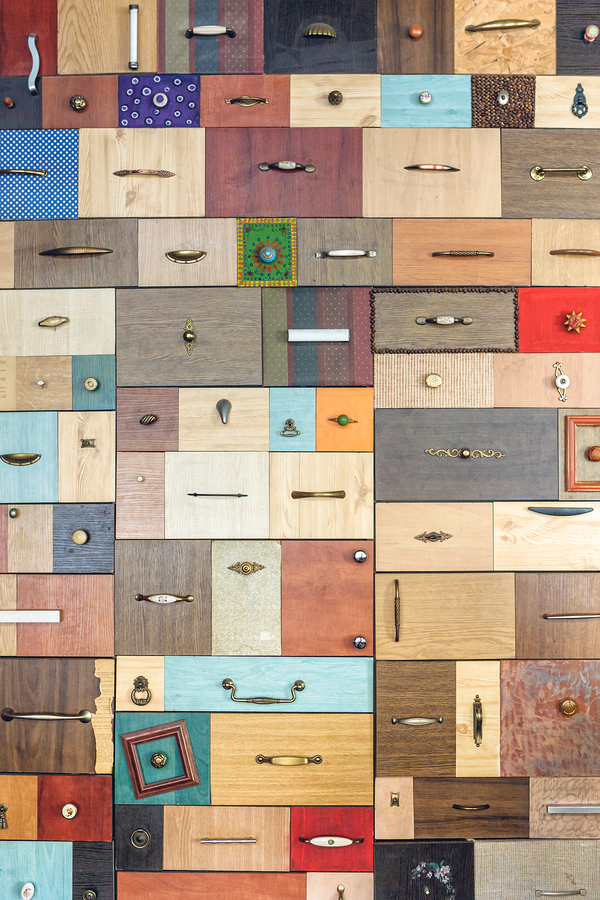Your clutter may not be as extreme as Jo's: each time she could no longer find space to work around the mountain of paper piles on her desk, she would "organize" by sweeping it all into boxes that she then stashed away.
Or as extreme as Jean's: she didn't even bother to stash her clutter. The obstacle course from front door to the rest of the house meant Jean seldom let people through the door, and she grew increasingly isolated from friends and family.

Or Bill's: his place was pretty much clutter-free, but his garage was stuffed full of boxes of things he hadn't read or used in years, including a box marked "RIP" filled with papers from his divorce 10 years earlier.
When each of them was helped to examine what drove their cluttering habit, they gained control of not just their clutter but also their lives. It freed them up psychologically to turn their lives around.
There's lots of evidence that clearing away physical clutter can have the unexpected effect of clearing away emotional clutter (another topic, for another time!) that may be holding us back. Perhaps you, also, have experienced that sense of liberation as you de-clutter and tidy...
When things are organized, we spend less time looking for things, reduce overwhelm, do more with less time, make better use of our talents and skills, increase our self-confidence, and feel more in control.
There is no shortage of ideas and books on how to organize. The problem can often be that as clutter accumulates to the point of being intolerable, we fire in, in a rush of frantic activity- shifting piles or filling boxes.... with a "system" of ideas, tips and techniques that doesn't reflect who we are and how we think. It just isn't a good fit for us. So it isn't sustainable, so the clutter will begin, without doubt, to mount yet again.
Julie Morgenstern, in her book "Organizing from the Inside Out" takes the "how to" a step further and suggests that to arrive at any kind of a sustaining system, we need to understand and work with or around our psychological obstacles to a clutter-free environment. Yes, there are skills that can be learnt, but until we become aware of these obstacles and deal with them, they will sabotage any system we set up...
Do you see yourself in any of these common obstacles?
- Need for abundance.
Sometimes it's to do with a deep-seated need for volume- you like to surround yourself with lots of "stuff". Here are the collectors; those who buy in bulk; those who keep a lot of everything and are filled with anxiety and dread at the thought of throwing anything out. Volume may be associated with feelings of comfort, safety, fullness, identity...
- Unclear goals and priorities. Organizing is about defining what's important to you and setting up a system to reflect that.
- Fear of success/fear of failure. Disorganization may be a convenient way to hold back. And a recipe for self-sabotage.
- Need to retreat. Clutter can be a protective shield to keep others at a safe distance: a barrier to the outside world.
- Fear of losing creativity. A common myth is that creative, "right-brained" people need to work in chaos to produce high-quality work. Not so! Being organized usually tends to release, rather than restrict, creativity.
- Need for distraction. Clutter can provide a convenient excuse to avoid uncomfortable issues or unwanted tasks: a distraction from more distressing issues we don't want to think about.
- Sentimental attachment. Infusing objects with personality, emotions and meaning, so they define who we are rather than us embracing identity from within. "Stuff" can come to represent another time, a person, or part of ourselves that we fear may be lost forever if we let it go.
- Need for perfection. Often, people won't deal with clutter until it can be done perfectly (make enough time to do the job properly, find the perfect organizing solution). Translation: It never gets done.
Identifying these obstacles - hidden investments in staying disorganized - can help us create a solution that works with our personality rather than against it. And enables us to master the clutter for good.